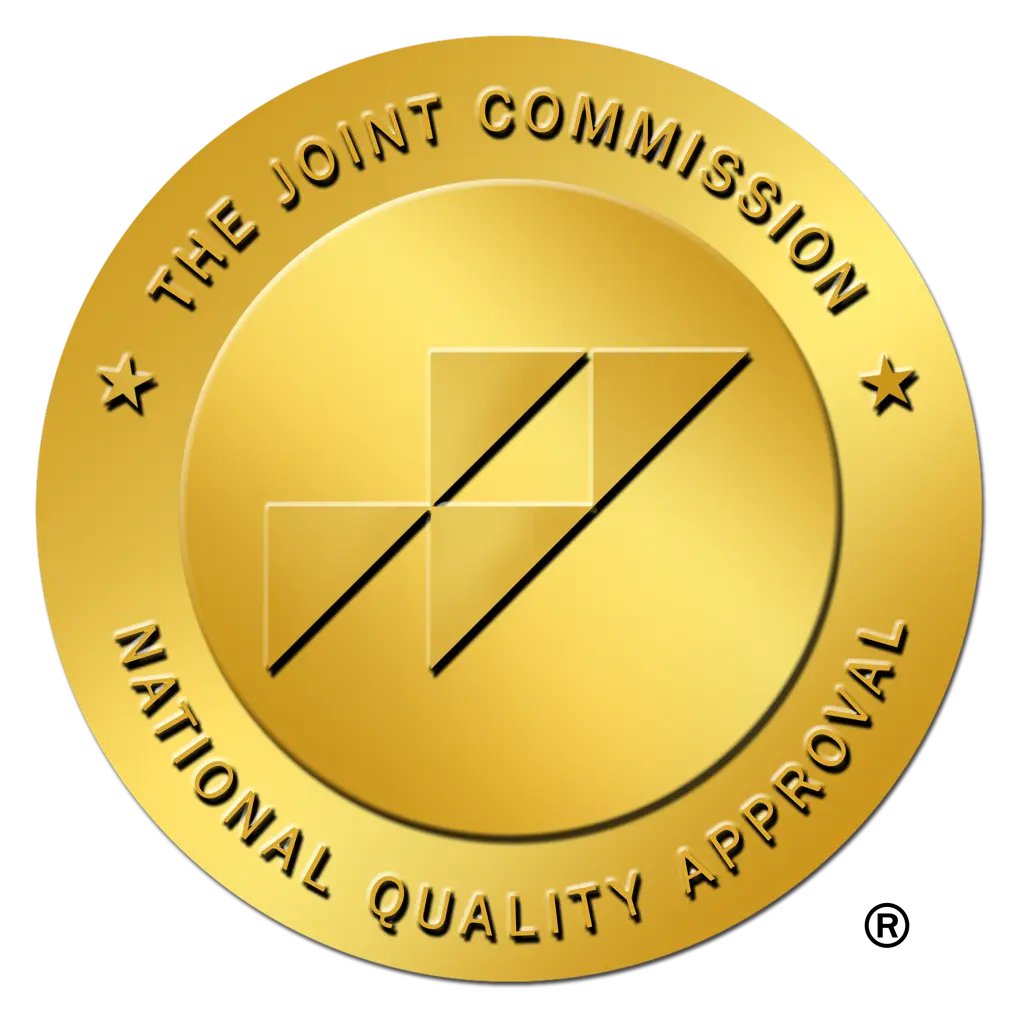Individuals with personality disorders have difficulty forming healthy relationships and maintaining emotional stability. Many people diagnosed with personality disorders struggle to cope with the symptoms and find healthy ways to overcome possible side effects. According to the National Institute of Mental Health (NIMH), “The prevalence of any personality disorder was 9.1%.” Alter San Diego Crisis Intervention offers personalized treatment plans to ensure clients learn the skills they need to heal from personality disorders and co-occurring mental health issues.
What Are Personality Disorders?
Personality disorders can profoundly affect your day-to-day interactions and quality of life. You might find yourself having difficulty connecting with others or responding in an appropriate way to emotional situations. According to MentalHealth.gov, “People with personality disorders experience patterns of behavior, feelings, and thinking that can:
- Interfere with a person’s life
- Create problems at work and school
- Cause issues in personal and social relationships”
How you react to your condition will impact your mental and physical health. Early diagnosis and treatment allow you to learn the skills you need to cope effectively and overcome challenges related to recovery. You can heal from the damaging effects of personality disorders and find healthy ways to form deep bonds with others.
5 Most Common Personality Disorders and Their Symptoms
Personality disorders come in various forms, and some may be more difficult to diagnose, depending on the severity and type of symptoms. Below are five of the most commonly diagnosed personality disorders, along with brief descriptions of their primary symptoms. Recognizing the potential signs of a disorder can help you know when to get help.
#1. Borderline Personality Disorder (BPD)
MentalHealth.gov describes BPD as “a mental health condition in which a person has long-term patterns of unstable or turbulent emotions.” The instability of emotions and behavior can lead to long-term social issues, including difficulty forming personal and professional relationships. In addition, many people report compulsive and risk-taking behaviors that lead to impulsive and sometimes dangerous actions. The most common symptom of BPD include:
- Intense and frequently fluctuating emotions and beliefs
- A black or white, good or bad, view of the world and people
- Rapid shifts in interests
- Fear of abandonment
- Inappropriate emotional displays
- Unjustified anger or irritation
Talk therapy is the most successful form of treatment for BPD. However, some people also benefit from prescription medication and simultaneous alternative holistic therapies.
#2. Antisocial Personality Disorder (ASPD)
People with antisocial personality disorder have a history of exploiting, manipulating, and violating the space and rights of others. ASPD shares many of the same traits as a psychopathic personality disorder, with the only difference being slightly less severe symptoms. The primary symptoms of antisocial personality disorder include:
- Being flirty, charming, or witty as a way to manipulate others
- Disregarding the law and the safety of others
- Lack of guilt and remorse
- Frequently lying, cheating, stealing, and violating the space of others
- Extreme anger or aggression when confronted
- Substance misuse
People with ASPD may harm small animals, pets, or other children during adolescents and young adulthood. Treatment often involves psychotherapy and family therapy.
#3. Paranoid Personality Disorder
People with paranoid personality disorder (PPD) have a persistent distrust of others and paranoid beliefs, thoughts, and behaviors. The symptoms are not psychotic. However, they may appear disorganized and extreme. Although the cause of PPD is unknown, genetics are believed to play a role in some cases. Most treatment programs involve a combination of cognitive-behavioral therapy (CBT) and prescription medication.
#4. Narcissistic Personality Disorder
According to Behavioral Medicine, “Narcissistic Personality Disorder (NPD) is a psychological disorder characterized by a persistent pattern of grandiosity, fantasies of unlimited power or importance, and the need for admiration or special treatment.” Up to 75% of the individuals diagnosed with NPD are men. Treatment usually involves individual and group therapy, support groups, and family therapy.
#5. Schizotypal Personality Disorder
MedlinePlus describes schizotypal personality disorder (SPD) as “a mental condition in which a person has trouble with relationships and disturbances in thought patterns, appearance, and behavior.” Risk factors include genetics, environment, and ability to cope with stress. Mental health treatment usually involves psychotherapy, peer support, and prescription medication.
Treatment Can Help You Heal From Personality Disorders
Cognitive-behavioral therapy, peer support, and prescription medication are essential during treatment for most personality disorders. You can use the tools you learn in CBT to cope with daily stressors and heal from the side effects of mental health disorders like BPD and PPD. The dedicated care team at Alter San Diego Crisis Intervention can help you stay motivated and move forward in your recovery. We use a holistic approach to care and personalized treatment plans to ensure all clients have access to the support and resources they need to recover successfully.
People diagnosed with personality disorders often feel set apart from everyone else, impacting their personal and professional relationships. Often, quality of life suffers for both the person diagnosed with the disorder and their loved ones. Severe conditions like antisocial personality disorder may cause trauma for multiple family members and require family and individual therapy. Personality disorders often last a lifetime and must be treated and managed long-term using psychotherapy and other techniques. Alter San Diego Crisis Intervention provides evidence-based treatments for clients to ensure they have access to essential support services and skill development. In some cases, prescription medication or simultaneous treatments for co-occurring disorders might provide better outcomes. To learn more about our programs, call us at (866) 986-1481.

